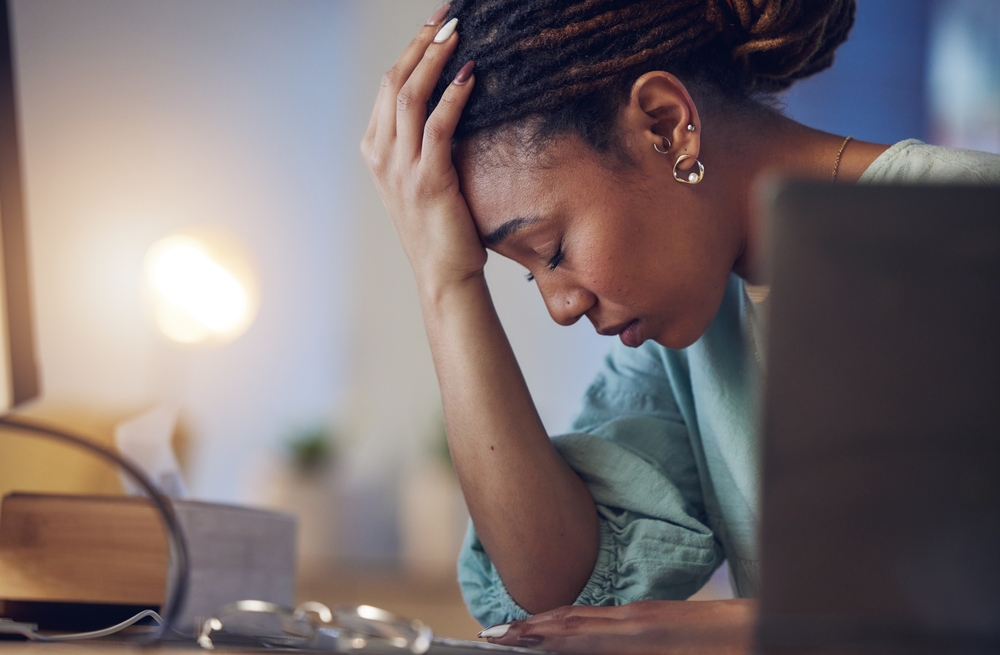Headaches are a common part of life, but when they occur on the top of your head, they can feel particularly concerning. Understanding the causes, treatments and preventive measures for these headaches can empower you to better manage your health.
Common causes of headaches on top of your head
Headaches located at the top of the head are often tension headaches. According to Dr. Brittany Kunza, a family medicine specialist, these headaches can arise from various factors, including:
- Stress
- Eye strain
- Poor posture
- Muscular tension in the neck
- Dehydration
- Fatigue
- Changes in caffeine consumption
Another common cause is migraines, which are characterized by severe pain, often accompanied by light and sound sensitivity, and nausea. Sinus infections or allergies can also lead to headaches due to inflammation and pressure in the sinuses.
Rare causes of headaches on top of your head
While most headaches are benign, some rare conditions can cause headaches at the top of your head:
- Occipital neuralgia: This condition involves irritation of the nerves that run from the spine to the top of the head, causing sharp, electric shock-like pain.
- Aneurysms: These are bulges in the artery walls that can lead to severe headaches, especially if they rupture.
- Brain bleeds: Sudden headaches can indicate bleeding in the brain, which requires immediate medical attention.
- Brain tumors: Abnormal growths in the brain can cause persistent headaches, often worsening in the morning.
Treatment options
Treatment for headaches on top of the head depends on the underlying cause. For tension headaches, lifestyle changes such as improving sleep, reducing eye strain, and staying hydrated are essential. Over-the-counter medications like NSAIDs or acetaminophen can provide relief. Applying heat to the neck or using menthol creams can also help alleviate muscle tension.
When to see a doctor
If you experience a headache that feels like the worst headache of your life, or if it is accompanied by stroke-like symptoms (such as facial drooping or difficulty speaking), seek medical attention immediately. Persistent headaches that do not improve with lifestyle changes should also prompt a visit to your health care provider.
Preventing future headaches
To prevent headaches in the future, focus on:
- Getting adequate sleep
- Eating a balanced diet
- Managing stress through relaxation techniques
- Identifying and avoiding food triggers for migraines
Consulting with a health care provider can help tailor a prevention plan that suits your needs.
Understanding the causes and treatments for headaches on top of your head can help you take proactive steps towards better health. Always listen to your body and seek medical advice when necessary.





